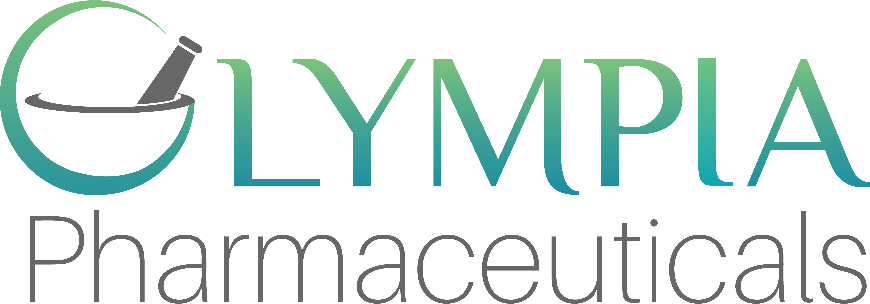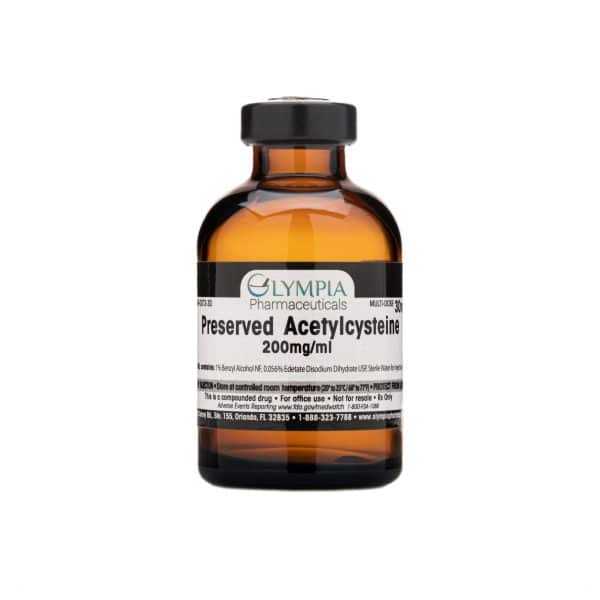Overview
N-acetyl-cysteine (NAC) is a substance derived from the amino acid L-cysteine, which is crucial for our health. It plays a vital role in the body’s antioxidant defense system by replenishing an important antioxidant called glutathione. Glutathione helps protect our cells and tissues from damage caused by harmful free radicals. NAC acts as a hepatoprotective agent by restoring hepatic glutathione levels, acting as a substitute for this essential antioxidant. Cysteine, the precursor of NAC, can be found in protein-rich foods like chicken, turkey, yogurt, cheese, eggs, and legumes. NAC is the supplement form of cysteine and is used to support various health conditions.
Uses for Acetylcysteine
Acetylcysteine has a wide range of uses beyond its antioxidant properties. It is employed in the treatment of conditions such as the flu, dry eye and kidney disease. Additionally, it has been explored for its potential benefits in other areas:
Infertility: NAC has been studied for its potential role in supporting fertility.
Psychiatric Diseases: NAC has shown promise in research related to psychiatric disorders, including depression, bipolar disorder, schizophrenia, and obsessive-compulsive disorder. Further studies are underway to explore its potential benefits in these areas.
Respiratory Conditions: Due to its antioxidant and expectorant properties, NAC is used to treat cough and various lung conditions. It helps loosen mucus in the airways and reduces inflammation in the bronchial tubes and lung tissue.
Tylenol® Overdose: In emergency rooms, NAC is used to treat acetaminophen (Tylenol®) overdose. It helps protect the liver and prevent liver damage caused by the overdose.
Neurotransmitter Regulation: NAC assists in the regulation of glutamate, a neurotransmitter responsible for transmitting signals between the brain and nerves. This property makes it potentially beneficial in conditions involving addiction, withdrawal symptoms, and relapse prevention.
Dosage, Concentration, Route of Administration
Dosage: Seek advice from a licensed physician, medical director, or other healthcare provider
Concentration: 200mg/ml
Route of Administration: For IV Injection only
Precautions/Side Effects
N-acetyl cysteine (NAC) is generally well tolerated by most adults. However, it’s important to speak with your doctor before starting any new supplement or medication — especially if you’re pregnant, breastfeeding, or taking other prescriptions.
While NAC is typically considered safe during pregnancy and breastfeeding, medical guidance is still recommended to determine what’s appropriate for your specific situation.
Some medications may interact with NAC. One notable interaction is with nitroglycerin, which is used to increase blood flow by dilating blood vessels. NAC can enhance the effects of nitroglycerin, potentially leading to increased side effects such as headache, dizziness or lightheadedness. Activated charcoal may also interact with NAC, although the interaction is considered moderate.
Some common side effects include:
- – By mouth: nausea, vomiting, diarrhea, or constipation
- – Intravenously (IV): rash, fever, headache, drowsiness, low blood pressure, and liver problems
- – By inhalation: swelling in the mouth, runny nose, drowsiness, clamminess, and chest tightness
Storage
Store at controlled room temperature. Protect from light.



